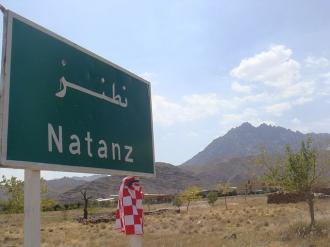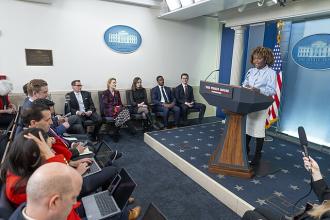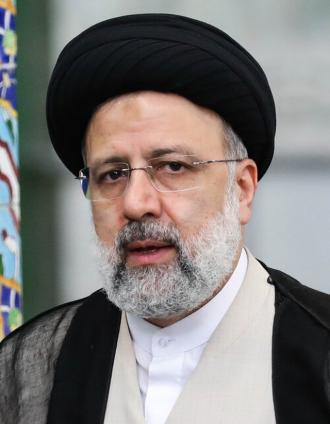On Monday evening, August 5, Chayeinu, Delegate Dalya Attar and Congregation Ner Tamid jointly sponsored a program about addiction that featured a Narcan training session. Ms. Attar opened the program, attended by over 200 people, by declaring, “Never again should we need to attend a funeral of a young person who has died of an overdose” and shared her personal loss of a friend to addiction. She declared that we as a community must address this issue in order to save potential victims from this deadly disease. She explained that Narcan (the commercial name for Naloxone) is a drug that can rapidly reverse the effects of an opioid overdose. A local day school administrator saved the life of a student with Narcan this past spring. It can be easily administered by anyone who has received a basic training. She then introduced Gavi Leibowitz, a volunteer with Amudim in New York, who joined us in Baltimore for this event.
Mr. Leibowitz described how he saved the life of a friend by administering Narcan. He has since devoted himself to working specifically on making Narcan widely available. He stressed that the opioid epidemic does not discriminate by race, creed, religion or economic status. Anyone can become a victim. The more people who are aware and capable of administering Narcan, he said, the more lives that can be saved.
A young man named Austin, currently working as the director of operations at a local drug treatment center, spoke from the perspective of someone whose life was saved by Narcan. He told a moving story about how he had been found nonresponsive behind a dumpster on a cold winter night. He stressed the fact that had he not been found and saved by Narcan, his mother would have joined the tragic demographic of parents who have lost children to addiction. Following his recovery after that event, Austin became sober and clean, and has dedicated his life to working with other people who require support and rehabilitation from their addictions.
Brittney Spencer, the final speaker of the evening, is the director of opioid overdose prevention for the City of Baltimore. She presented an overview of the history of the epidemic in our region, identified the key risk factors of overdosing, explained how to recognize an overdose and clarified what Narcan is and how it is administered. Over 3,000 people in Baltimore City have been saved by the timely administration of Narcan since its introduction on the market as an opioid inhibitor and antidote. The overwhelming majority of these lives were saved with Narcan doses administered by family members and friends, not medical personnel. Narcan blocks the effects of the opioid for 30-90 minutes. It is crucial, therefore, that a victim not be left unattended and that emergency help be summoned immediately. If Narcan is not administered, the individual can stop breathing, which can result in non-reversible brain damage and death. During the question and answer session that followed, Ms. Spencer stressed that Narcan is safe to use even if it turns out that the suspected situation is not an opioid overdose.
Members of the audience who signed a form were given free dosages of Narcan and encouraged to keep them readily accessible in the event of an emergency.


























